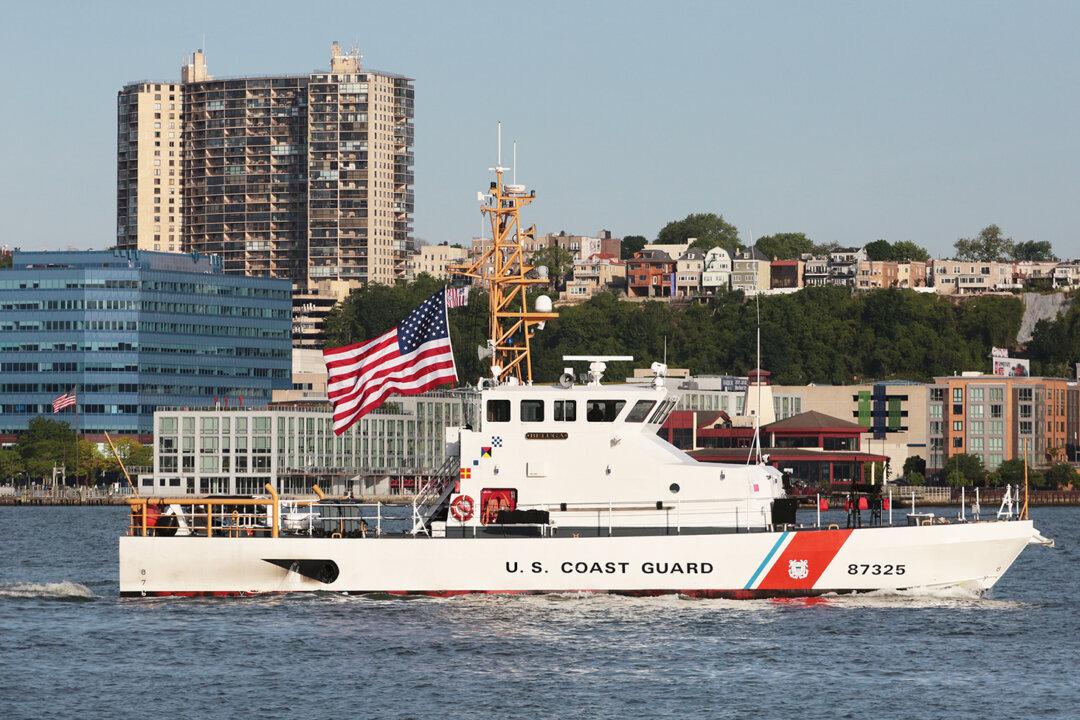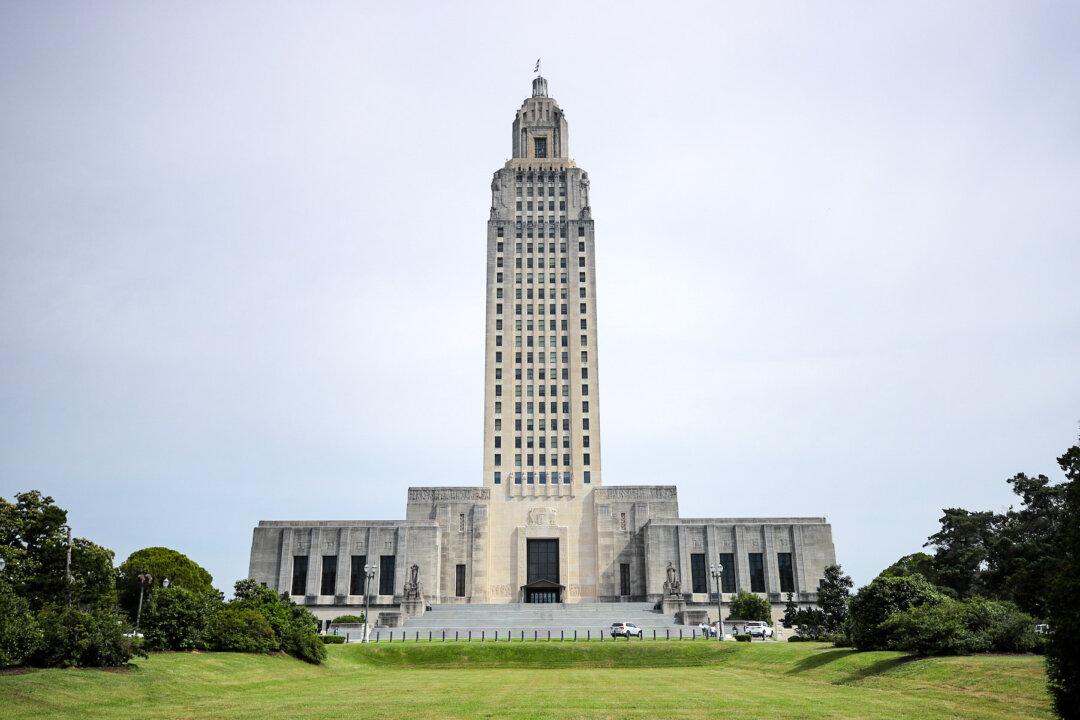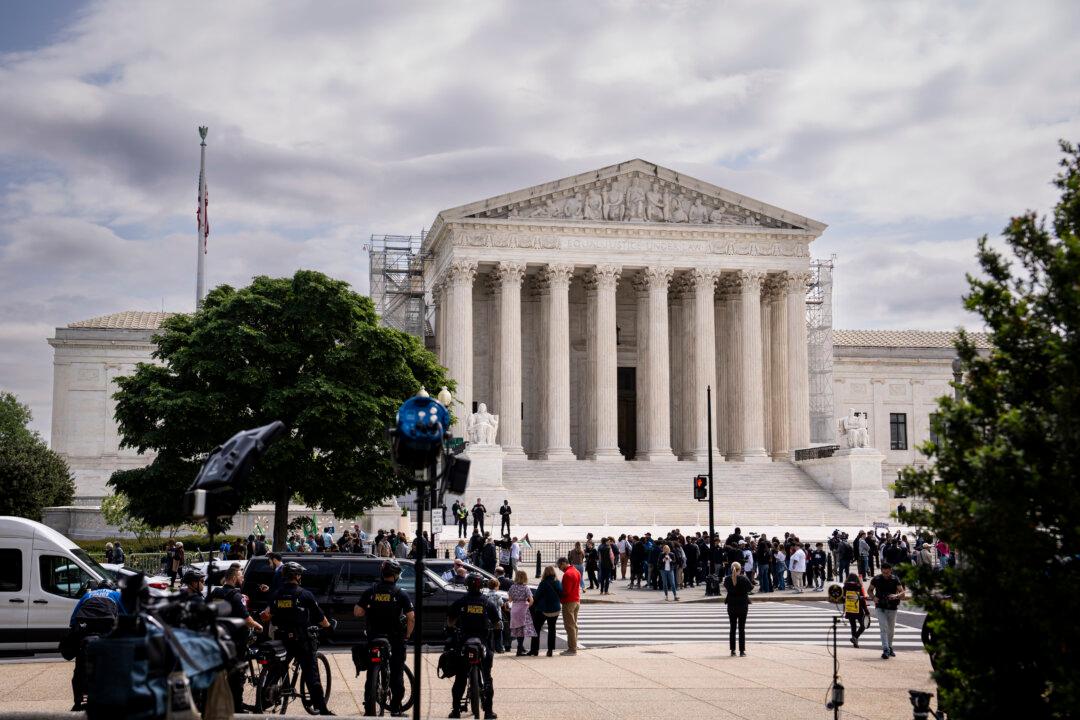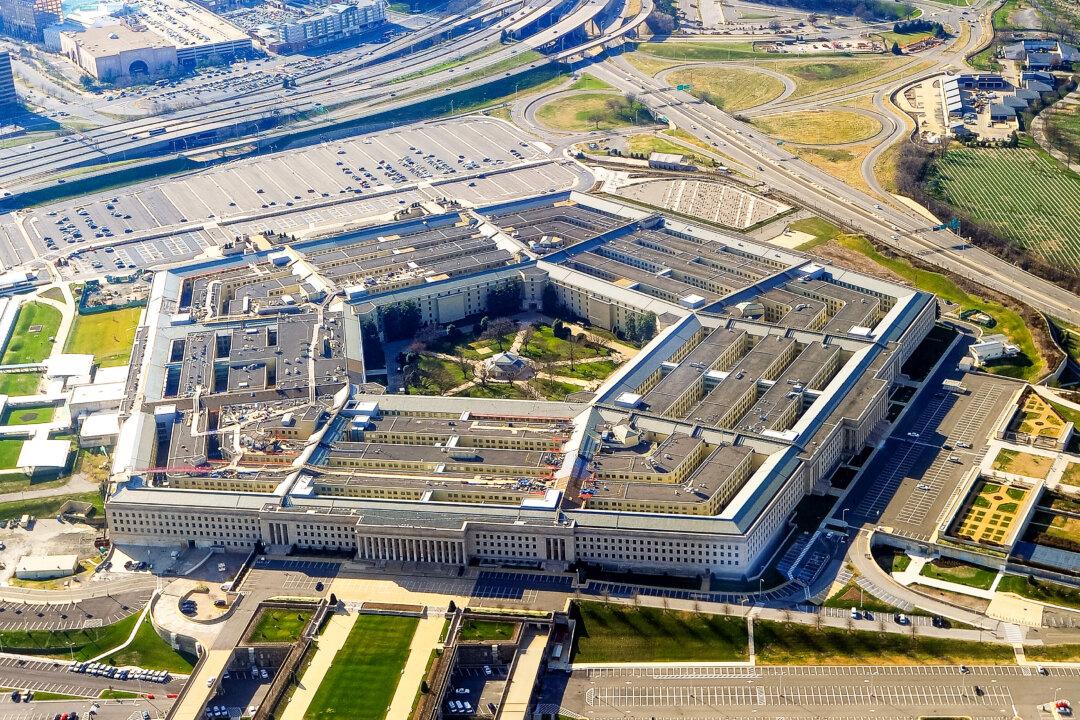The U.S. Coast Guard looks set to lose some of its most qualified and experienced Coast Guardsmen, including many of its esteemed—and incredibly necessary—rescue swimmers as a result of the Pentagon’s vaccine mandate.
As of Oct. 18, the Coast Guard had received 1,250 religious accommodations requests, according to a media spokesperson. Only 12 had been approved and 1,238 had been denied.




